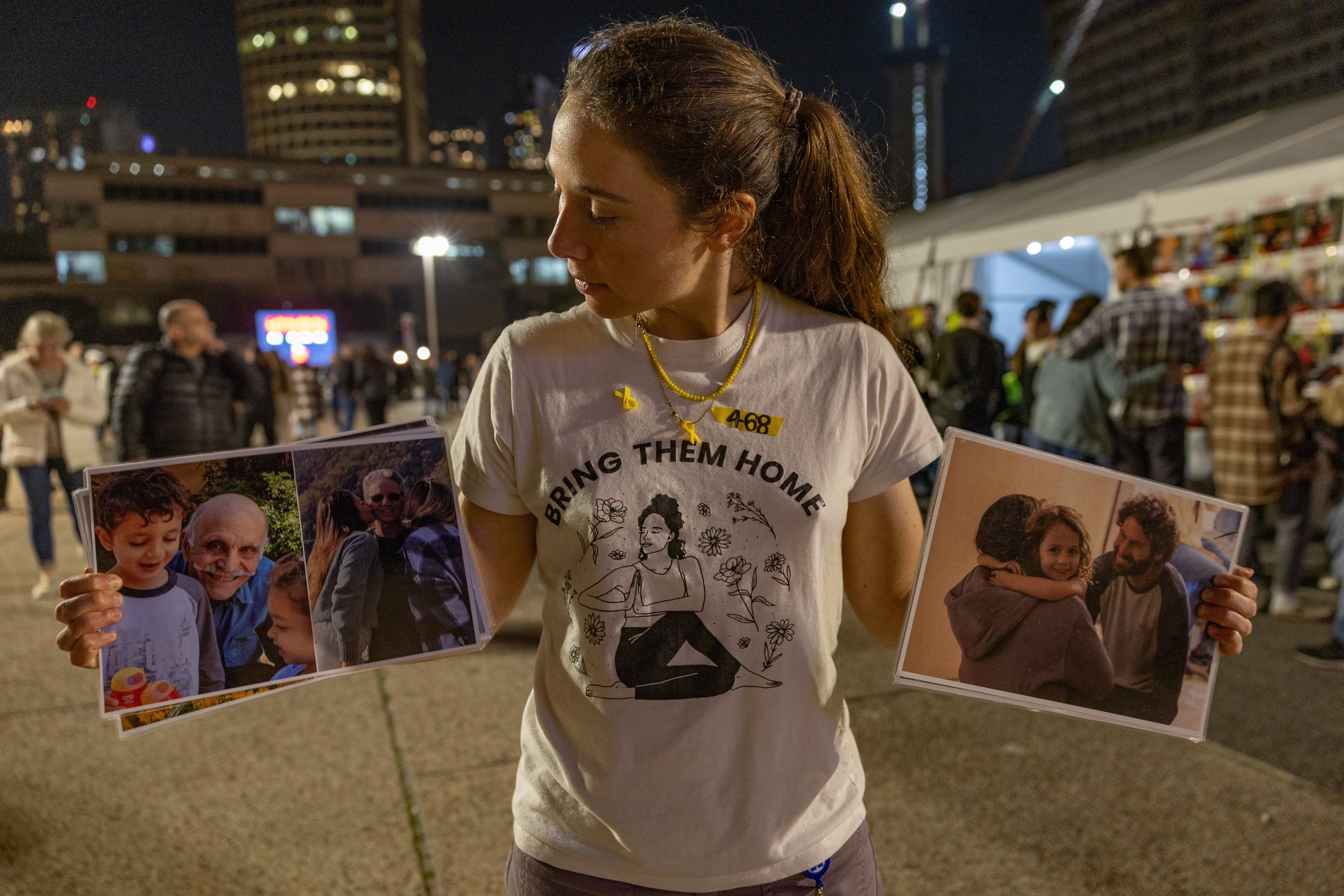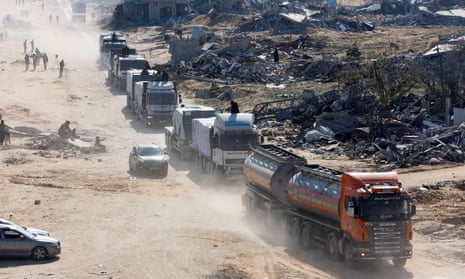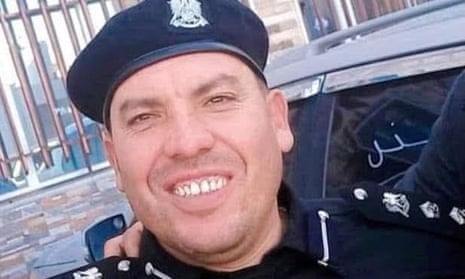Gaza ceasefire-hostage deal reached, Israel PM’s office says – live
Share:
Benjamin Netanyahu’s office says in statement that security cabinet will meet on Friday following earlier delays in talks to release hostages in return for ceasefire.
Welcome to our live coverage of the Middle East crisis. Here’s a snapshot of the latest news.
Israeli prime minister Benjamin Netanyahu said early on Friday that a deal to return hostages held in the Gaza Strip has been reached. The announcement comes a day after Netanyahu’s office said there were last-minute snags in talks to free hostages in return for a ceasefire in Gaza and the release of Palestinian prisoners. Netanyahu said he will convene his security cabinet later on Friday and then the government to approve the ceasefire agreement. On Thursday, Netanyahu’s office said the cabinet won’t meet to approve the agreement for a ceasefire in Gaza and the release of dozens of hostages until Hamas backs down, accusing the group of reneging on parts of the agreement in an attempt to gain further concessions.
Senior US officials insisted the hard-won ceasefire would go into effect on Sunday as planned despite the unexpected delay. The US secretary of state, Antony Blinken, said he was “very confident” that the ceasefire would go forward and he “fully expects that implementation will begin, as we said, on Sunday”. He confirmed that there had been a “loose end” between the sides in the complex negotiations. US representatives are still believed to be actively involved with talks in Doha on the final details needed to get the deal over the line.
A vote is now expected to take place on Friday morning, Israeli media reported. Prime minister Benjamin Netanyahu’s hardline national security minister, Itamar Ben-Gvir, announced on Thursday evening that he would quit the government if it ratifies the ceasefire deal, calling it “irresponsible” and “reckless”. Ben-Gvir’s departure would not bring down Netanyahu’s government. Opposition leader Yair Lapid pledged his support for Netanyahu, saying that the deal was “more important than any disagreement we’ve ever had.”.
Fighting has continued in Gaza despite expectations of a ceasefire, with at least 80 Palestinians killed and hundreds more injured by Israeli airstrikes since the ceasefire announcement, according to the civil defence agency. The Israeli military said that it had conducted strikes on “approximately 50 terror targets” across Gaza since late Wednesday. A civil defence spokesperson said its teams had recovered the bodies of five children after a strike on the northern city of Jabalia.
More than 46,788 Palestinians have been killed and a further 110,453 wounded by Israel’s military offensive in Gaza, according to the latest figures by the territory’s health ministry on Thursday. They include 81 killed and 188 injured in the past 24 hours. Among them was Fatin Shaqoura-Salha, the chief of nursing staff at Al-Awda hospital in Nuseirat, ActionAid said.
The ceasefire agreement, announced on Wednesday, was due to come into effect on Sunday. In the first phase, to last 42 days, Hamas agreed to release 33 hostages and in exchange, Israel would release 50 Palestinian prisoners for every female Israeli soldier released by Hamas, and 30 for other hostages. Palestinians displaced from their homes would be allowed to move freely around Gaza, wounded people would be vacuated for treatment abroad, and aid to the territory should increase to 600 trucks a day. A second phase would include Israel completely withdrawing from Gaza.
The leader of Yemen’s Houthis, Abdul-Malik Badr al-Din al-Houthi, said the Iran-aligned group would suspend their attacks on Red Sea targets but continue if Israel backtracks on the ceasefire. The Houthi attacks have damaged as many as 30 ships and caused a diversion of commercial shipping to South Africa and the Cape of Good Hope. Reprisals by the US, Israel and the UK have damaged key Yemen ports and led to multiple deaths.
Arab states are urging Israel and the incoming Trump administration to allow the Palestinian Authority (PA), in conjunction with the UN Palestinian relief agency Unrwa, to oversee Gaza’s recovery. The future governance of Gaza is due to be discussed at the start of negotiations on the second stage of the deal 16 days after a ceasefire begins.






















